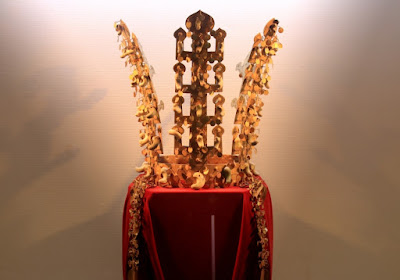Uniquely Korean Noraebang (노래방)
Noraebang (노래방) literally translates to song-room and is the Korean form of Karaoke. Despite it being of Japanese origins, nobody can doubt Korea’s affinity for this pastime. I was sitting in a noraebang in Seoul with a friend this past Sunday afternoon when I realized that these rooms had been a big part of life for me and my foreign friends while teaching English in Korea.
A noraebang refers to a singing venue in South Korea where private sound-proof rooms are available for rent, equipped for singing – typically microphones, remote controls, a large video screen, couches, and mood decor such as disco lights and tambourines. The term noraebang is a Korean compound word, blending norae (노song) and bang (room). It is the regional equivalent to the Karaoke box in Japan.
From the Ancient times Koreans have been described in various records that they enjoy singing and dancing, at parties, in nature and in public sometimes as well as privately. From my memory people around me have always sung. My mum, my neighbors (at home and their farms), my friends and myself. For Koreans, “heung” is very important in personal level, in social relationship and in the apprrciation of cultural contexts. It is kind of ‘spontaneous overflow of powerful feelings’ with rhythm, to partially borrow William Wordsworth’s phrase.
In 1980s, when I was in university, it was very popular to sing in bars while having a drink with friends. Sometimes we sang alone in turn, sang together, and competed with other groups in a modest way. A very common gesture was holding a spoon in a hand like a microphone or keeping time by hitting the table lightly with a chopstick.대딸방
At parties and in more luxurious drinking sessions musicians used to be invited to play for people who wanted to sing. Accordion players and electronic instrument players were very popular for the purposes.
And in 1990s the Japanese karaoke machine was brought into Korea and it became very popular rapidly. It met many Koreans’ compulsive need to sing among friends, relatives and workplace colleagues. The karaoke system provided illusion so that the ordinary people somehow felt themselves more important than they actually were, even for several minutes. And it was much cheaper than inviting an actual musicians to their drinking sessions, not to mention all the convenience.
In the beginning the karaoke system was like those in some other countries- that is, there is a stage and everybody shares a microphone in turn. But it soon changed into the present Korean system called Noraebang, where each small group goes into a small separate room and enjoy their time without being disturbed by other groups.

Comments
Post a Comment